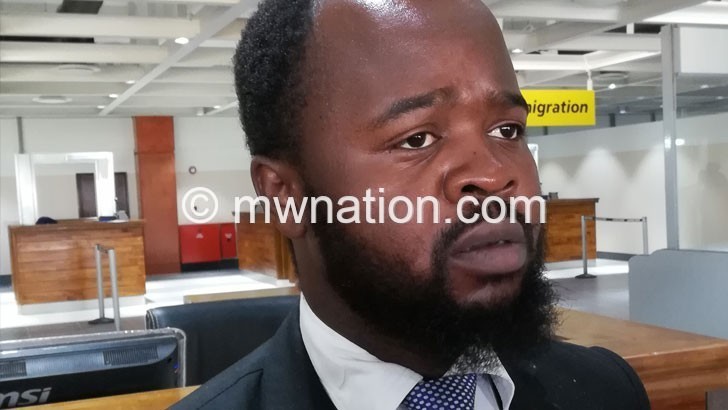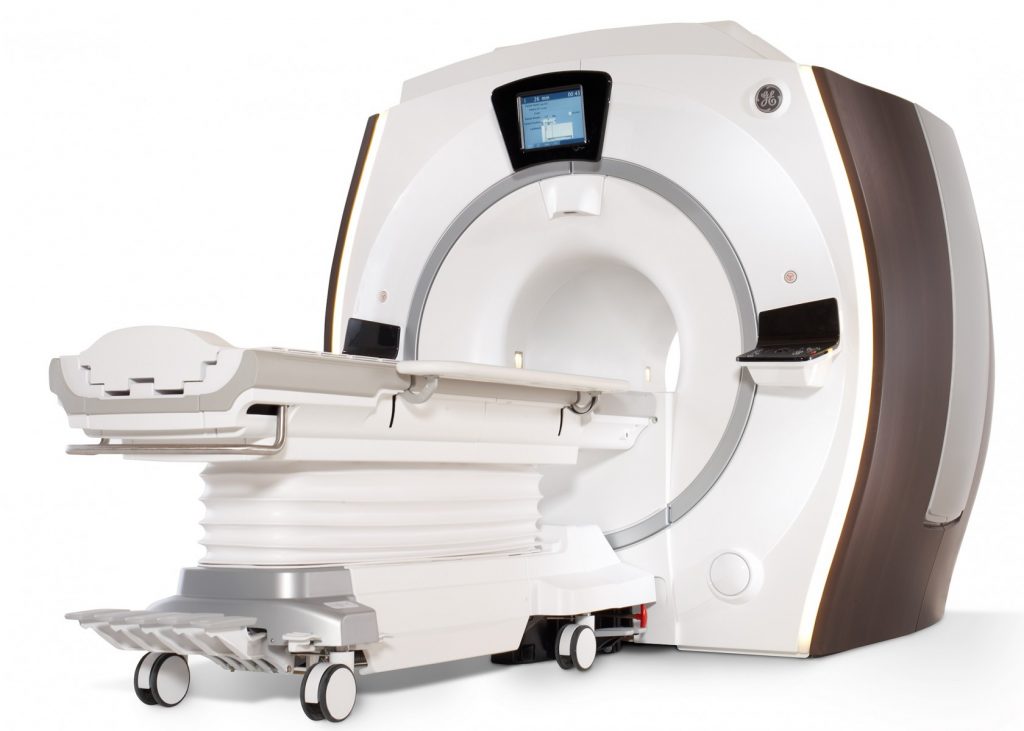Scanning equip breakdown costs patients, hospitals
Lack of functioning magnetic resonance imaging (MRI) machines in public hospitals is forcing patients to pay exorbitant fees to access medical scanning services at private health facilities, Nation on Sunday has learnt.
An MRI machine is used to detect brain tumour, traumatic brain injury, developmental anomalies, multiple sclerosis, stroke, dementia and the causes of headache, among others.

The only available MRI scanner to cater for public hospitals was stationed at Queen Elizabeth Central Hospital (QECH), but that broke down last year, the facility’s director Samson Mndolo confirmed in an interview on Wednesday.
He said QECH is forced to refer patients to a Lilongwe -based privately owned Polyclinic, where the government hospital sometimes shoulders service costs.
“The disadvantage with this arrangement is that it drains our resources as we have to provide transport and pay for the scanning bills for patients that are admitted to our hospital to access the MRI services.
“We meet the costs because most Malawians, as you know, cannot afford to pay for such services,” said Mndolo..
A check with Polyclinic showed that a round of scan costs about K180 000, which is almost equivalent to a two-month salary for a Grade R civil servant.
Mndolo further said the other challenge with outsourcing MRI services is late diagnosis as patients have to travel over 600 kilometres for the tests and wait for the results.

He also disclosed that they do not pay for all patients requiring MRI scans, saying others are told to shoulder their own costs.
“We only support those that critically need the services. A thorough analysis is done before a patient is considered. So, there are some who have been recommended for such scans but are told to pay for themselves,” said Mndolo.
He, however, emphasised the need to have a functioning MRI machine.
“We can celebrate if we can have one installed here. This is an important equipment because it does a lot,” he said.
Mzuzu Central Hospital director Frank Sinyiza said since the machine at QECH broke down, they have not been referring patients to any facility.
Instead, he said they use a computer tomography (CT) machine—a scanner that can produce detailed images of many structures inside the body, including the internal organs, blood vessels and bones—which is less sensitive compared to MRI.
“The problem with CT is that it doesn’t detect some diseases. This is why we desperately need the MRI machine at any of the referral hospitals,” Sinyiza said.
Health activist George Jobe said it was shocking that all referral hospitals do not have the MRI despite that it is an essential equipment.
“In a country where accidents occur almost every day, the MRI was supposed to be treated as among the priorities. It is sad that we have reached a point where the only machine we had is not functioning. It shows poor planning on part of government,” he said.
Jobe stated that the situation demands that government directly shoulders the bills for MRI services.
“The little resources hospitals get is being used on expenses that could have been avoided. Again, Malawians that already pay heavy taxes are paying for services that were supposed to be offered freely.
“We feel that government should be responsible for meeting such expenses and not hospitals and patients. If it feels the pain of paying those costs, maybe it can be moved to procure the machines,” he said.
Ministry of Health spokesperson Joshua Malango said government is planning to procure MRI machine for Qech.
“Currently, there are no MRI services in the public sector, but the next step is now to get MRI equipment for Queens [Qech].
“The ministry is securing funds for buying MRI machines which will be installed in the room that is already prepared,” he said without specifying when the equipment is expected to be procured and installed.





